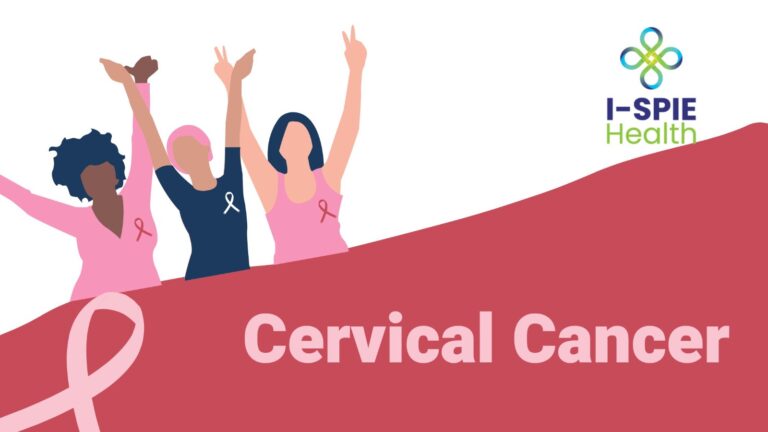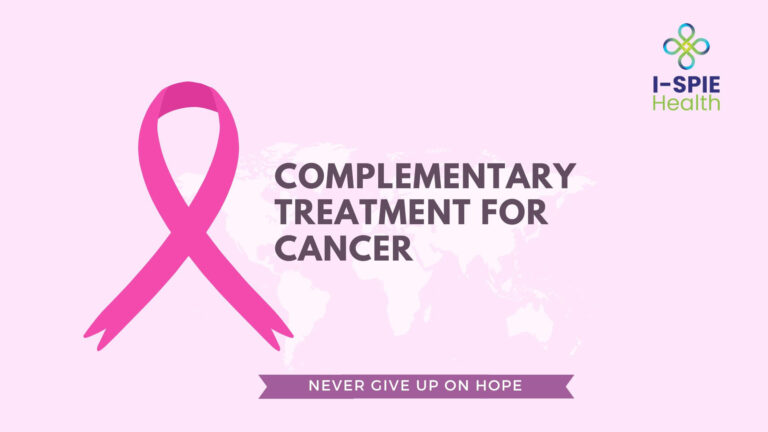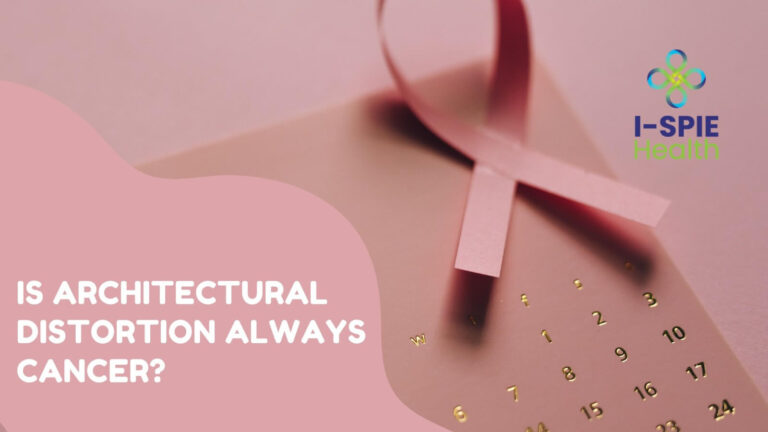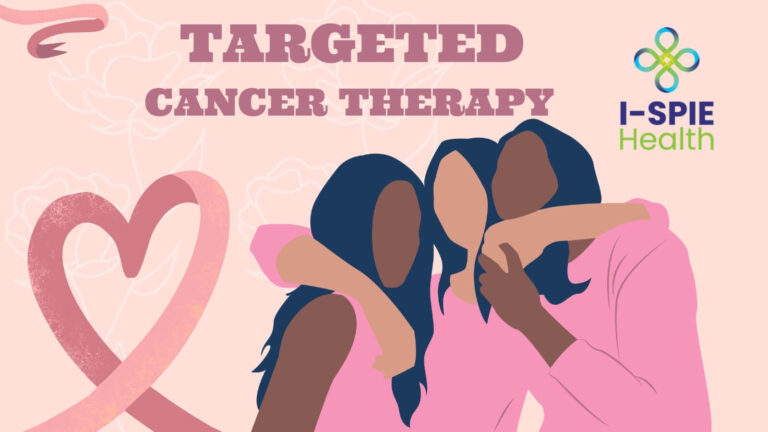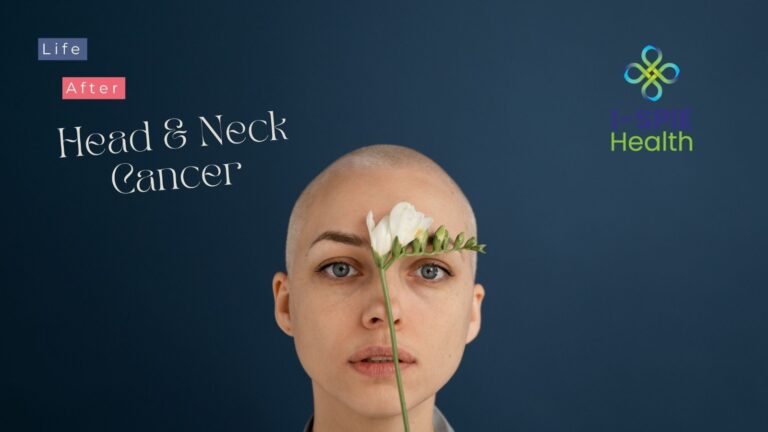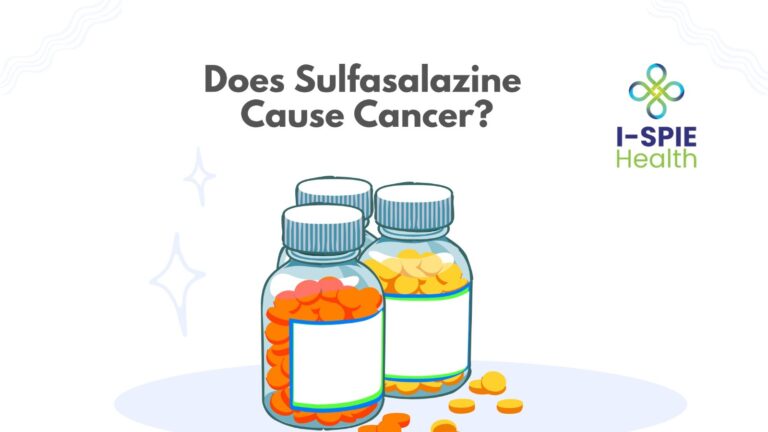Facing cancer is challenging enough without the added burden of feeling isolated or lacking a social support network. If you find yourself in the difficult situation of battling cancer with no friends by your side, it’s essential to understand the emotional and practical aspects of this experience. This blog offers strategies and tips to help you navigate this challenging time and find the support you need.
Why Friends Matter When You Are Going Through Any Disease?
Friends provide crucial emotional support, practical help, and companionship during illness. They can offer a listening ear, provide encouragement, and help manage daily tasks, alleviating some of the burdens associated with treatment. Their presence can also boost morale, making it easier to face the physical and emotional trials of disease.
What You Feel When You Have Cancer Along with No Friends?
When you have cancer and feel alone, the emotional impact can be profound. You might experience heightened feelings of loneliness, sadness, and fear. The absence of a support system can amplify the stress and anxiety of managing your illness, making it harder to cope with treatment and daily challenges.
What to Do! When you have cancer and no friends?
So, here is the strategy for you if you are in the category of “I have cancer and no friends”…
Explore Support Groups and Online Communities
Joining cancer support groups, whether in-person or online, can connect you with others who understand your situation. Online forums and social media groups offer a space to share experiences, seek advice, and find comfort.
Engage with Healthcare Professionals
Talk to your oncologist, nurse, or social worker about your feelings of isolation. They can provide resources, connect you with counseling services, and offer practical support to help you manage your journey.
Utilize Community Resources
Many communities offer services for individuals undergoing cancer treatment, including volunteer organizations, charities, and local support groups. These resources can provide emotional support, practical help, and social opportunities.
Develop New Connections
Consider joining local clubs, classes, or volunteer groups that interest you. Engaging in activities you enjoy can help you meet new people and build connections outside your immediate circle.
Focus on Self-Care and Personal Growth
Establish a self-care routine that includes activities that bring you joy and relaxation. Practices like meditation, journaling, or hobbies can provide comfort and help you maintain a positive outlook.
Set Small Goals for Interaction
Create small, achievable goals to reach out to others, whether it’s attending a local event, participating in an online discussion, or making a phone call. Gradually increasing your social interactions can help build confidence and reduce feelings of isolation.
Seek Professional Therapy or Counseling
Professional therapists and counselors can help you work through feelings of loneliness and provide coping strategies tailored to your situation. They can also offer emotional support and guidance throughout your treatment.
Consider Cancer Coaching
A cancer coach, like Madhavi Parikh, can offer personalized support to help you navigate your cancer journey. They can provide strategies for managing loneliness, building connections, and maintaining emotional well-being.
Additional Tips
- Stay Connected: Even if you feel isolated, maintaining connections through calls, texts, or video chats with family members or acquaintances can provide emotional support.
- Practice Mindfulness: Techniques such as mindfulness meditation and deep breathing can help manage stress and promote a sense of inner peace.
- Set Up a Support System: Identify trusted individuals who can provide practical help, such as running errands or accompanying you to appointments, even if they are not close friends.
Also Read: Emotional Support for Cancer Patients: Navigating the Journey Together
How Madhavi Parikh Can Help
Madhavi Parikh, an experienced cancer coach, specializes in helping individuals navigate the emotional and practical challenges of cancer. With a focus on personalized support, Madhavi can help you develop strategies for coping with isolation, finding new sources of support, and managing the emotional impact of your diagnosis. Her expertise can guide you through the process of building connections and enhancing your overall well-being.
You’re Not Alone in This Journey
Facing cancer without support can be overwhelming. Connect with compassionate communities and resources designed to help you find strength and companionship.
Reach Out Madhavi Parikh for Support
Conclusion
Facing cancer without a support network can be incredibly tough, but there are ways to find solace and build connections. By exploring support groups, engaging with community resources, and focusing on self-care, you can navigate this challenging time with greater resilience. Remember, seeking professional help and connecting with resources like cancer coaching can provide valuable support and guidance.
FAQ
How to deal with cancer alone?
Dealing with cancer alone involves seeking support from available resources such as support groups, healthcare professionals, and community services. Engaging in self-care practices and connecting with others through online communities can also help alleviate feelings of isolation.
How does cancer affect friendships?
Cancer can strain friendships due to the demands of treatment, emotional challenges, and changes in social dynamics. Friends may struggle with how to support you or may not always be available, leading to feelings of isolation. Open communication and seeking support from other sources can help manage these challenges.
What is the hardest cancer to cure?
The difficulty of curing cancer varies depending on the type and stage of the disease. Pancreatic cancer, for example, is often considered one of the hardest to cure due to its late-stage diagnosis and aggressive nature. However, advancements in research and treatment continue to improve outcomes for many cancer types.

